

2018-02-27 09:35:00 Tue ET
federal reserve monetary policy treasury dollar employment inflation interest rate exchange rate macrofinance recession systemic risk economic growth central bank fomc greenback forward guidance euro capital global financial cycle credit cycle yield curve
Fed's new chairman Jerome Powell testifies before Congress for the first time. He vows to prevent price instability for U.S. consumers, firms, and financial institutions by gradually raising interest rates to contain inflation. Stock market observers and commentators warn of the key Yellen-Powell regime switch from dovish to hawkish monetary policy decisions.
However, Powell seeks to balance the need to guard against excessive inflation with the real benefits of allowing the U.S. economy to enjoy the tailwinds of Trump fiscal stimulus, economic output expansion, employment, and steady wage growth. The Federal Reserve now explores whether the U.S. unemployment rate can fall to the lowest range of 3.8% to 4.1% in 17 years before inflation starts to accelerate. In accordance with Powell's congressional testimony, the Federal Reserve’s main monetary policy instruments include its gradual upward interest rate adjustment, balance sheet shrinkage, and 2% symmetric core CPI inflation target.
Powell confines his testimony to the dual mandate of both maximum employment and price stability with minimal discussions of distributional economic inequality issues in America. With respect to financial regulation, Powell expects to roll back at least some of the stricter Dodd-Frank rules and stress tests on large banks and other financial institutions.
If any of our AYA Analytica financial health memos (FHM), blog posts, ebooks, newsletters, and notifications etc, or any other form of online content curation, involves potential copyright concerns, please feel free to contact us at service@ayafintech.network so that we can remove relevant content in response to any such request within a reasonable time frame.
2018-05-06 07:30:00 Sunday ET
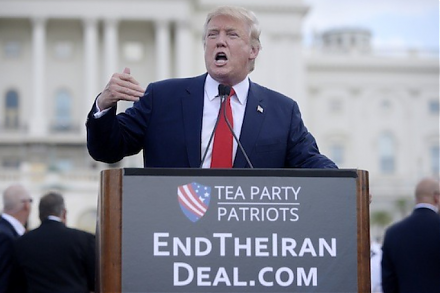
President Trump withdraws America from the Iran nuclear agreement and revives economic sanctions on Iran for better negotiations as western allies Britain,
2018-06-06 09:39:00 Wednesday ET
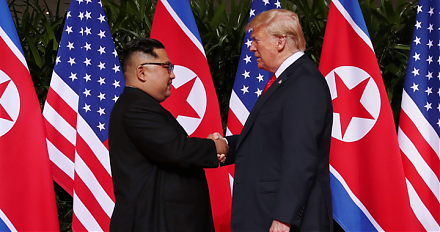
Donald Trump and Kim Jong Un meet, talk, and shake hands in the historic peace summit between America and North Korea in Singapore. At the start of the bila
2018-12-18 10:38:00 Tuesday ET
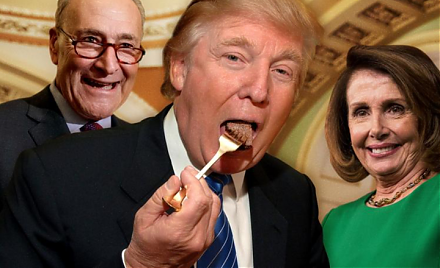
President Trump threatens to shut down the U.S. government in 2019 if Democrats refuse to help approve $5 billion public finance for the southern border wal
2019-10-31 13:38:00 Thursday ET
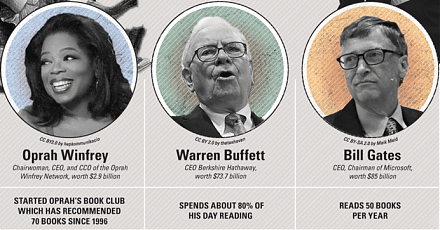
AYA Analytica finbuzz podcast channel on YouTube October 2019 In this podcast, we discuss several topical issues as of October 2019: (1)
2022-02-25 00:00:00 Friday ET

Empirical tests of multi-factor models for asset return prediction The capital asset pricing model (CAPM) of Sharpe (1964), Lintner (1965), and Bla
2018-08-13 12:39:00 Monday ET
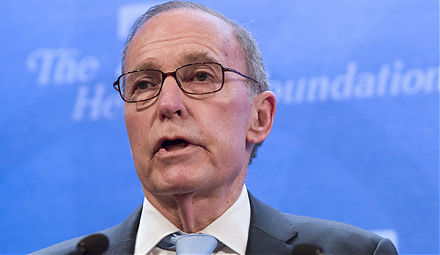
White House chief economic adviser Larry Kudlow points out that the recent U.S. dollar strength shows a clear sign of investor confidence and optimism. Gree